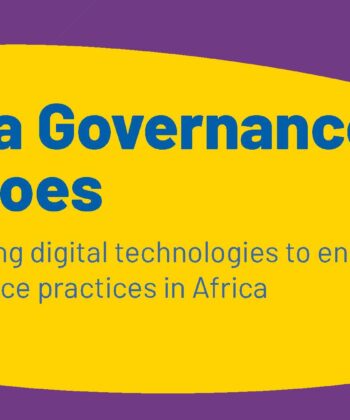
In the rapidly evolving digital landscape, effective data governance is becoming a cornerstone of successful and sustainable development across Africa. As the continent embraces digital transformation, the ability to manage, protect, and leverage data responsibly will play a significant role in shaping its future.
Data governance encompasses the policies, procedures, and standards that ensure data is managed effectively throughout its lifecycle. It involves everything from data collection and storage to usage and deletion, aiming to ensure data quality, security, and compliance with regulations.
Why Data Governance Is Crucial
- Enhancing Data Quality: Good data governance practices ensure that data is accurate, consistent, and reliable. This is essential for making informed decisions and delivering effective services.
- Building Trust: Transparent and accountable data governance helps build trust among stakeholders, including citizens, businesses, and government entities. It reassures them that their data is being handled responsibly.
- Facilitating Compliance: As data protection regulations become more stringent globally, robust data governance helps organizations stay compliant with laws and avoid potential legal issues.
Key Components of Effective Data Governance
- Data Management Policies: Establishing clear policies and procedures for data collection, storage, and usage ensures that data is managed consistently and securely.
- Data Stewardship: Appointing data stewards or custodians who are responsible for overseeing data management practices helps maintain data quality and integrity.
- Data Security Measures: Implementing strong security measures, including encryption and access controls, protects data from unauthorized access and breaches.
- Regular Audits: Conducting regular audits of data governance practices helps identify and address potential issues, ensuring ongoing compliance and improvement.
As Africa continues to advance in the digital age, effective data governance will be instrumental in unlocking the full potential of its data resources. By prioritizing data governance, African nations can enhance data quality, build trust, and ensure compliance, ultimately driving progress and innovation across the continent.



